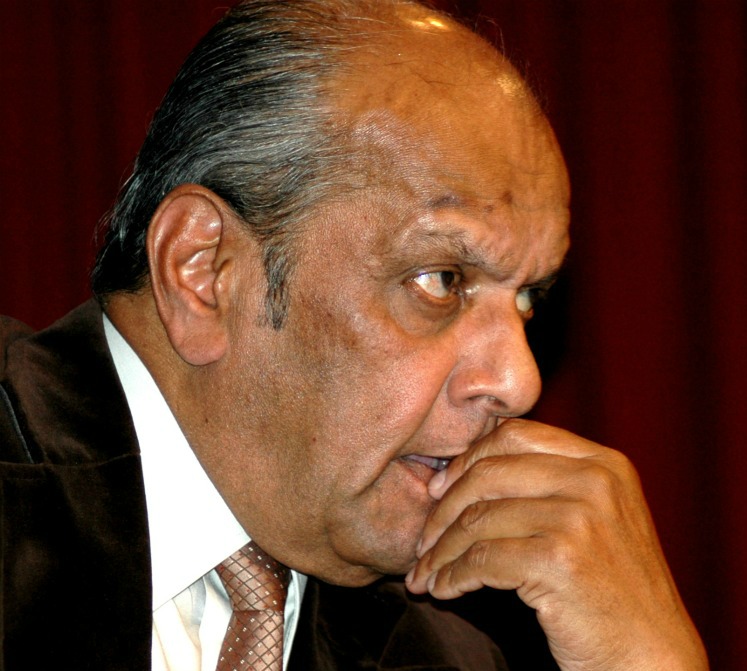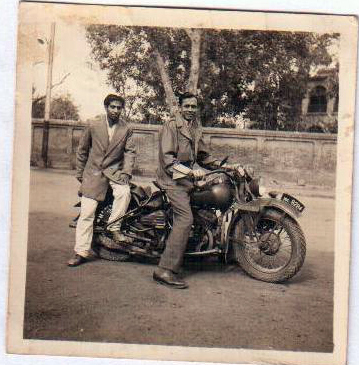Latest Contributions
Read More Contributions
A meeting with Prime Minister Nehru
Category:

Reginald was born in Lahore before Partition. He writes books on various subjects pertaining to South Asia. A former London journalist, he now lives in Mid Wales with his actor wife Jamila. His latest book is INDIA: Definitions and Clarifications (Hansib, London). A member of the Society of Authors, he is a Fellow of the Royal Society of Arts.
Editor's note: This story is an expanded version of an excerpt from the author's book Azaadi!: stories and histories of the Indian subcontinent after Independence, Abhinav, Delhi 2005. It is reproduced here with the author's permission.
At the time of India’s Independence, my father, J. M. Massey, was in the Royal Indian Air Force, stationed at Lahore.
He opted to join India and the Indian Air Force, and we moved to Delhi. In 1948, he did some highly sensitive intelligence work, whose nature I cannot reveal.

Some time after Independence, my father had to call on the Prime Minister in New Delhi to discuss a sensitive intelligence matter. The appointment was fixed for the evening at the PM's residence.
While they sat talking, General Shah Nawaz walked in. Nehru introduced my father to the hero of the Indian National Army. Shah Nawaz Khan, a Punjabi Muslim, had not been taken into the Indian Army after Independence\; subsequently became an MP on a Congress ticket and was later appointed a minister. At the time of this story, however, Shah Nawaz was not in Parliament. As a friend of the Nehru family, he was staying at the PM's residence for a couple of days. He sat down at Nehru's invitation and joined in the conversation, even though it was of a sensitive nature.
For a moment my father hesitated. He thought it incorrect to carry on in the presence of a third person. But Nehru carried on quite normally\; not for a moment was he conscious of the fact that Shah Nawaz had become privy to extremely confidential information. Shah Nawaz was a trusted friend staying with him in his home and was, most importantly, a gentleman. Hence it hadn't even occurred to the Prime Minister to discontinue the discussion or to change the subject.
And then Nehru looked at his watch. My father thought it was a signal for him to make way for the others waiting to see the Prime Minister. But Nehru rang the bell on the table. His personal attendant came in, and Nehru told the man to ask Indira Gandhi, Nehru's daughter, to come as soon as possible.
Indira Gandhi, who was separated from her husband Feroze Gandhi, was at that time her father's housekeeper, hostess and all round general manager. She came in, and Nehru spoke to her in the chastest Urdu.
"Indu beti," said the Prime Minister of India, "It'll soon be time for the General Sahib to offer his namaz (prayers) and break his fast. Please get the water for his wuzu (ablutions before the offering of namaz) ready and have his food laid on the dining table."
It was the month of Ramzan and Shah Nawaz was a strict practising Muslim. And Jawaharlal Nehru, who made no secret of his agnosticism, sent his daughter, a Brahmin woman who was to become Prime Minister of India, to organize his friend's Muslim rituals.
He could have ordered any of his Muslim servants to do the necessary. But no, that would not have been good enough. It was his daughter's privilege to serve his friend.
© Reginald Massey 2012
Comments
Add new comment